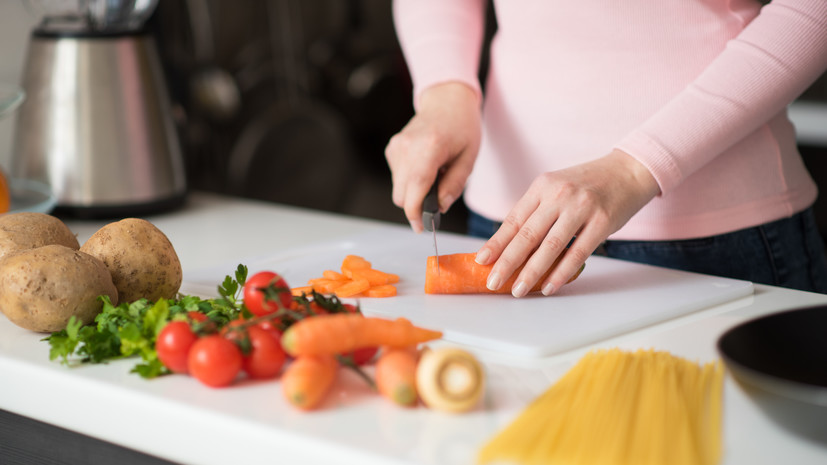“Diving into an ice hole is a huge stress for the body, it is mobilized, and for this it needs energy, and energy is given to us by those foods that are quickly digested and do not require a lot of heat and blood for digestion.
Fatty lamb and beef are very energy-intensive, dense, but you don’t need to eat such dishes before diving, because the body will be focused on digesting them, and we need to solve completely different tasks, ”she said.
According to the nutritionist, food should be "enough energy-intensive, but light."
The expert noted that omelet with vegetables, turkey, chicken with a light side dish are well digested.
“Even better - oily sea fish.
On the one hand, it is very well digested, and on the other hand, unsaturated fatty acids, omega-3 will make it possible for our body to warm up, but will not cause blood redistribution.
Omega-3s are also found in flaxseed oil and walnuts.
If a person loves cereals, you can eat porridge, this will give energy and a supply of glycogen, which will also be consumed very quickly, ”advised Solomatina.
The specialist also added that you should not drink alcohol before dipping into the hole, because it "gives a false feeling of warming up."
The doctor said that after bathing, you can drink mulled wine or sbiten, but on condition that the person has already entered a warm room and is not going to go outside.
“Food after the ice hole should be hot, voluminous, warming, it can be mashed soups with sour cream, with a piece of butter, cereal viscous, enveloping and fairly easily digested dishes.
To restore protein, add light protein products and animal proteins.
Herbal teas with honey have a warming value, but, again, you can’t go outside after that, ”concluded the nutritionist.
Earlier, Alexander Gintsburg, director of the Gamaleya Research Center for Epidemiology and Microbiology, said that vaccination against coronavirus cannot be an obstacle to dipping into an ice hole during Epiphany bathing.

